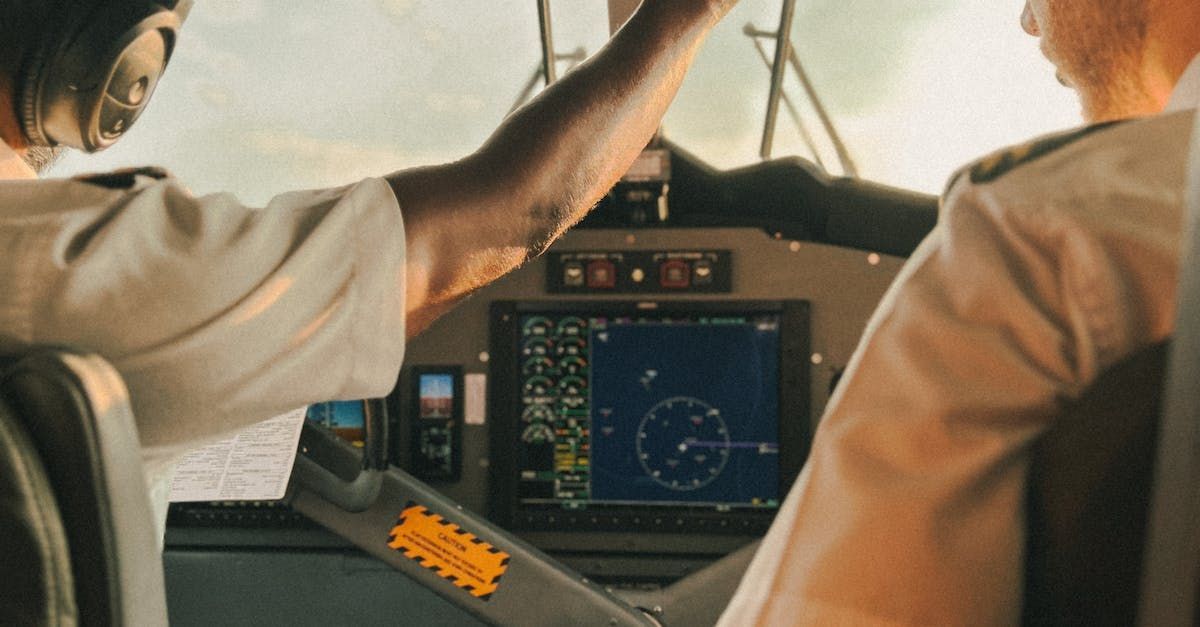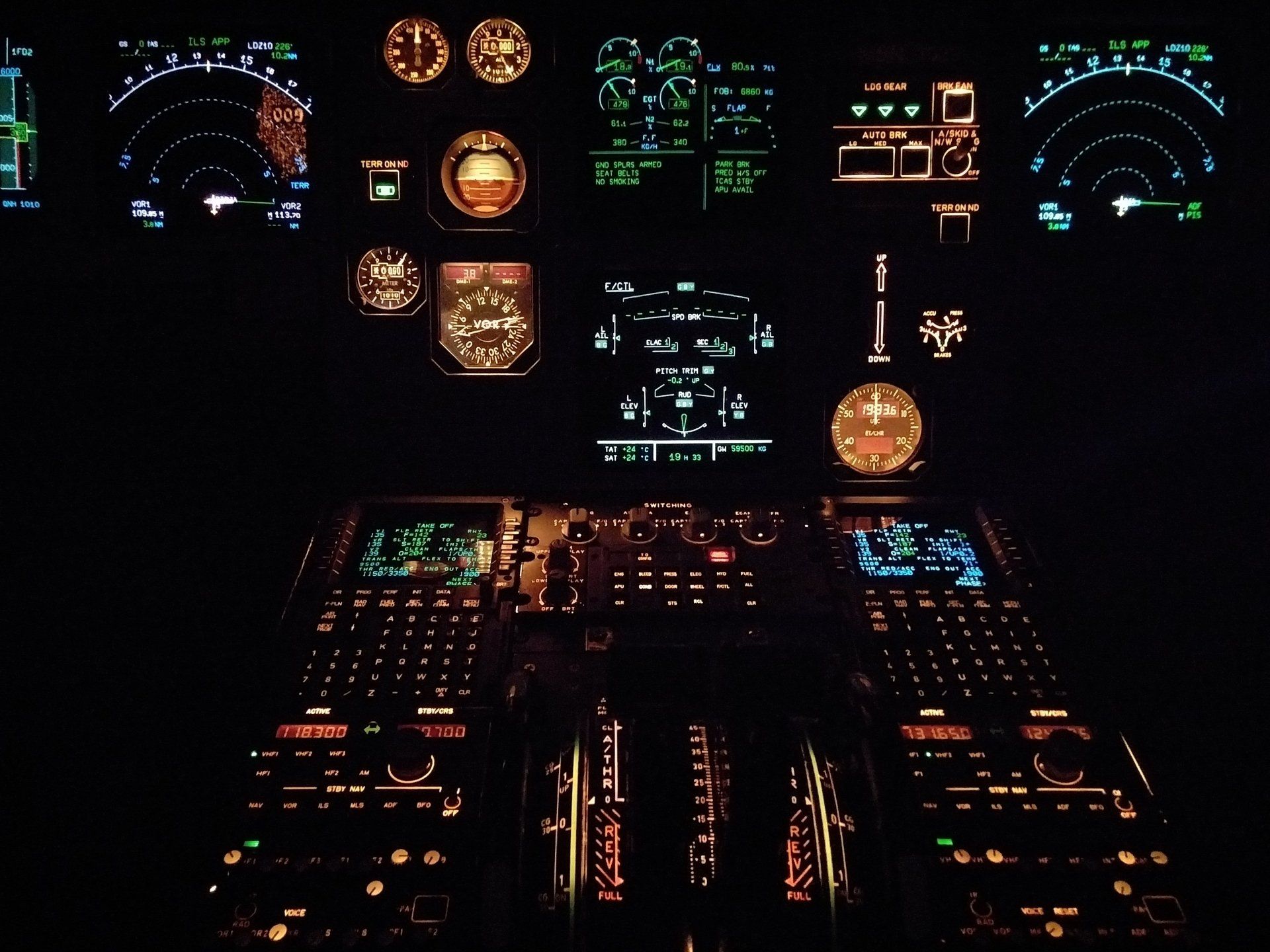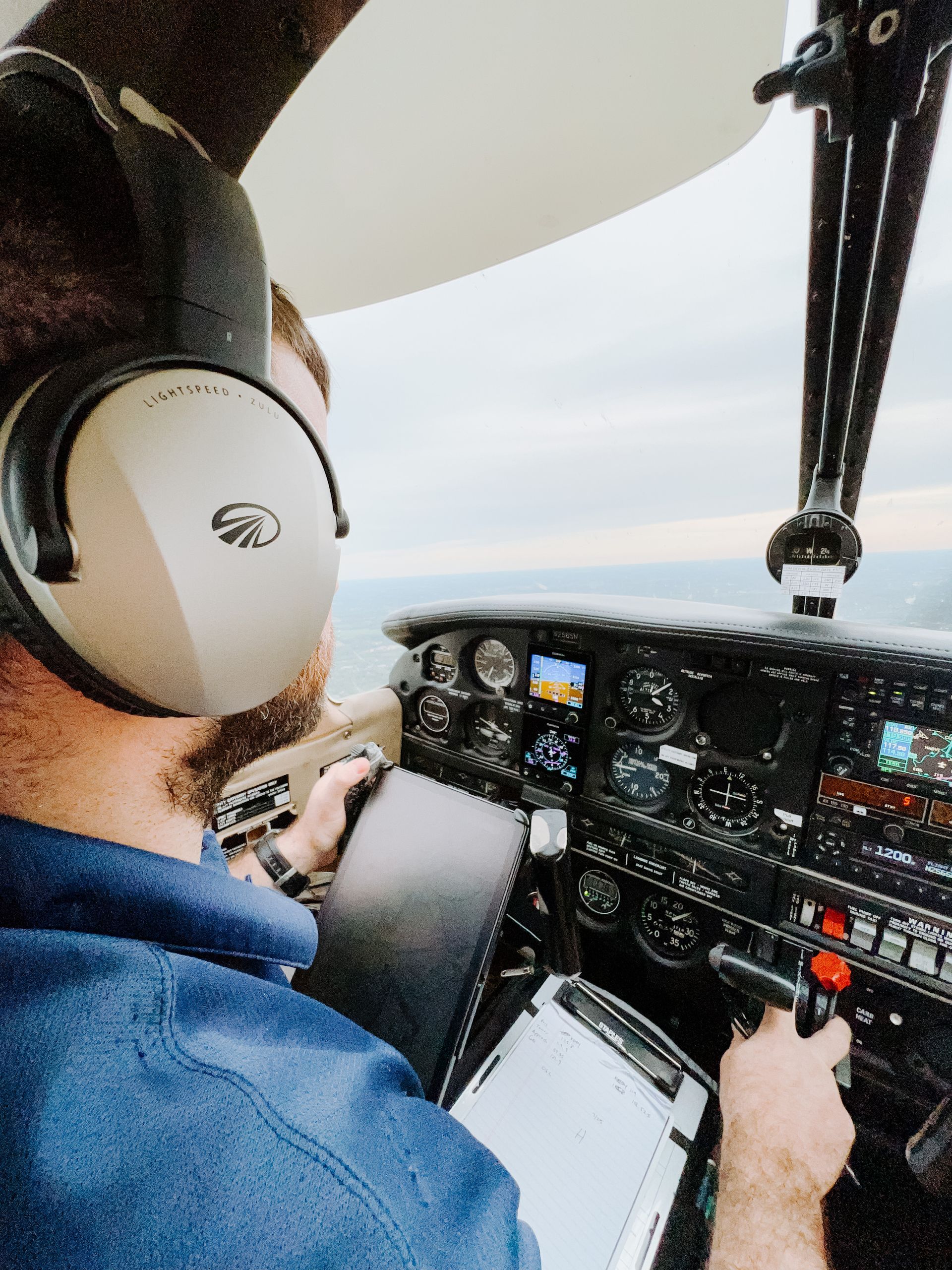5 Reasons to Pursue a Career in Aviation

Aviation has always been a fascinating area. Since the beginning of flight, aviation has changed the way we live. The aviation industry has also grown very much over the years.
There are a lot of different ways to work in the aviation industry. You can have many jobs, like being a pilot or a mechanic.
Want to work in the aviation industry? Here are some good reasons to consider this career path.
- High Demand: There aren't enough qualified pilots and aviation professionals in the industry right now, which means there are a lot of job opportunities for those who are trained and qualified.
- Career Advancement: There are many ways to move up in the aviation industry, from becoming a commercial airline pilot to working in aviation management or aircraft maintenance.
- Competitive Salaries: Most aviation jobs offer competitive pay and benefits, especially for high-demand jobs like commercial airline pilot.
- Opportunities to travel: Working in aviation gives you the chance to travel and see the world, whether you fly people to exotic places or move cargo to different parts of the world.
- Work That Is Both Satisfying and Exciting: People who are passionate about aviation can find a career in the field to be very satisfying and exciting. Aviation careers are exciting and rewarding, from the thrill of flying to the satisfaction of keeping planes in good shape.
Aviation is a vital part of the economy. Several industries are involved in aviation, such as airlines, airports, air traffic control, aircraft manufacturers, aircraft maintenance companies, and so on.
Having a job in the aviation industry has a lot of benefits. These things include job security, good pay, flexible hours, good career opportunities, traveling, and so on.
Becoming a pilot or flight attendant is fun, but you will often be on a long flight. Here is the ultimate guide to help you survive a long flight as a passenger.










